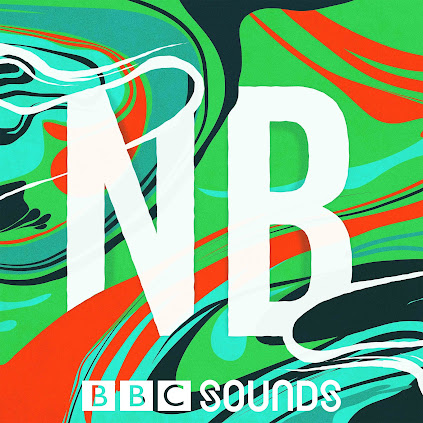Gender, the Qur’an, and a Nonbinary God?
One of the things that struck me while reading Women, The Recited Qur’an, and Islamic Music in Indonesia was just how diverse and varying Indonesian Qur’an recitation and music were in their forms. Anne Rasmussen discusses the many different contexts in which Qur’an recitations happen, including in children’s schools, at the college-level, in local and national competitions, and others. It’s so interesting how various musical traditions are distinct and yet interwoven as well; in chapter 5, Rasmussen notes the three main streams of Indonesian Islamic music as ones that have derived from Arabic traditions, Indigenous Indonesian music traditions, and the incorporation of contemporary Western music into the first two. Continuing with the theme of interconnectedness, I found it fitting that in Indonesian, Islamic music is called musik yang bernafaskan or “music that breathes or is scented with Islam” (153). Although this book is mainly about sound and music, the mixed metaphor of “music that breathes or is scented with Islam” makes connections between sound and smell.
Rasmussen also emphasizes the importance and power of women as performers. Contrary to stereotypes about Islamic culture, Rasmussen notes that Indonesian Islamic traditional culture is fairly egalitarian. Modernism and “progress” that are often promoted in and by the West can actually overshadow and diminish traditional, fairly egalitarian practices and culture. Rasmussen includes that Indonesian feminists agree that patriarchy mainly contributes to gender inequality against women, and Islam does not. This was fascinating to me, as it really countered stereotypical, Western ideas about feminism and inequity.
Finally, one last part that really interested me was Rasmussen’s discussion of gender and language in Islam. Again, contrary to Western ideas/translations and misleading stereotypes about Islam being male-centered, in the Qur’an, God is actually neither male nor female. This fact reminded me of a beloved podcast of mine and one particular episode in particular. The podcast is called NB: My non-binary life and it’s hosted by two nonbinary people, C Benedict and Amrou Al-Kadhi, who interview others about various aspects of gender and identity. Episode 2, entitled “Words,” focuses on the language of gender and for a majority of the episode, the hosts interview a socio-linguist who runs a group called London Queer Muslims. Toward the end of their discussion, the linguist and Amrou talk about their experience as Queer Muslims, using the “they” pronoun for Allah, and the Basmalah prayer using the linguistic phrasing of Allah as a “cosmic womb,” where all genders are created within that. The relevant discussion is from about 3:39-23:25, although I highly recommend listening to the full episode (and the full podcast series!). Also, you can access the podcast through the link in the caption of the photo below.
 |
| Credit: Podchaser, via https://www.podchaser.com/podcasts/nb-my-non-binary-life-897496/about |

Very perceptive post. Great observations about the connections between sound and smell in the Indonesian expression for their Islamic music, and about Queer Muslims and non-binary language for God. As I have probably mentioned more than enough times, my son Max is doing similar things in his Jew-ish Queer "they(y)ology." Thanks for the link to the podcast!
ReplyDeleteI agree, I feel like Rasmussen does a lot to debunk a lot of ideas about some Islam traditions and society in a really beautiful, simple way. I also think the levels of learning for recitation is super cool, especially because it feels like song in the Christian context is more about the singer than the sung to; it feels more about showcasing faith than sharing an experience of faith with others, so the idea of there being such thoughtful tradition and various schools of practice is interesting to me. That podcast seems super interesting and I will super check it out sometime!
ReplyDeleteThat's so cool! I don't know if either Indonesian or Arabic are heavily gendered languages but I wonder how this would work for Muslims in non-English speaking areas/how it works for these Muslims when they speak/pray in Arabic.
ReplyDelete